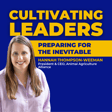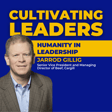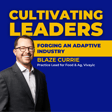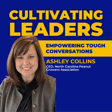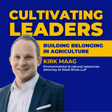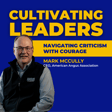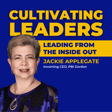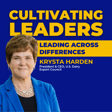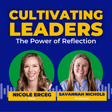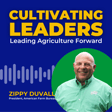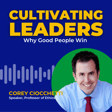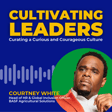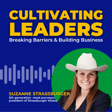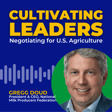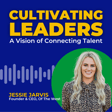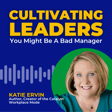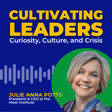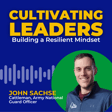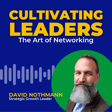
Leading Digital Transformation in Agriculture with Teddy Bekele
Technology in agriculture isn't about the most expensive tractors — it's about solving real problems.
In this episode of the Cultivating Leaders Podcast, Teddy Bekele, Chief Technology Officer at Land O’Lakes, explores the powerful intersection of agriculture, technology, and leadership. Teddy offers insight on what it takes to lead meaningful change in a tradition-rich industry.
He opens up about:
- Changing Team Organizations Structure: restructuring teams for better business integration
- Adopting Digital Change in Ag: farmers, the original entrepreneurs, adopt innovations when there's clear, demonstrable value
- Transformative Ideas for the Future of Ag: his bold vision for the future includes circularity and personalized nutrition
Teddy challenges leaders to rethink risk, embrace innovation, and lead with purpose.
Connect with Teddy
Connect with AFA
- Follow us on LinkedIn
- Follow us on Instagram
- Like us on Facebook
- Follow us on TikTok
- Visit our Website
About The Cultivating Leaders Podcast
Real stories. Practical advice. Tangible growth. Join The Cultivating Leaders Podcast, brought to you by Agriculture Future of America, as we explore what it takes to lead in food, agriculture, and beyond. Whether you’re just starting out or leading at the highest level, this podcast is your go-to resource for leadership that matters. Listen now and start cultivating your leadership journey.
Don’t forget to follow/subscribe so you never miss another episode!
